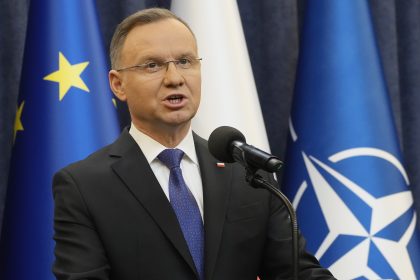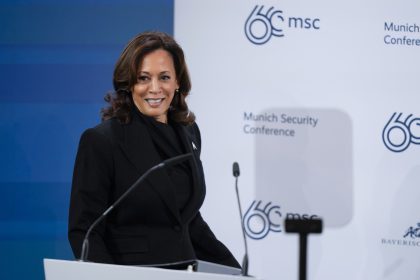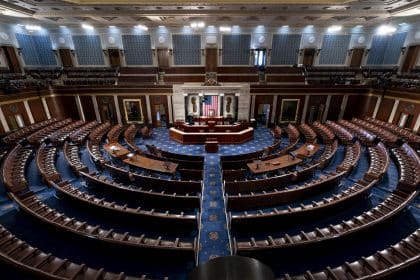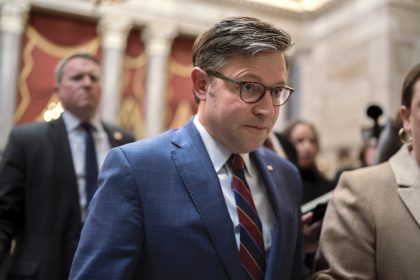Trump to Withdraw From ‘Open Skies’ Arms Control Treaty With Russia
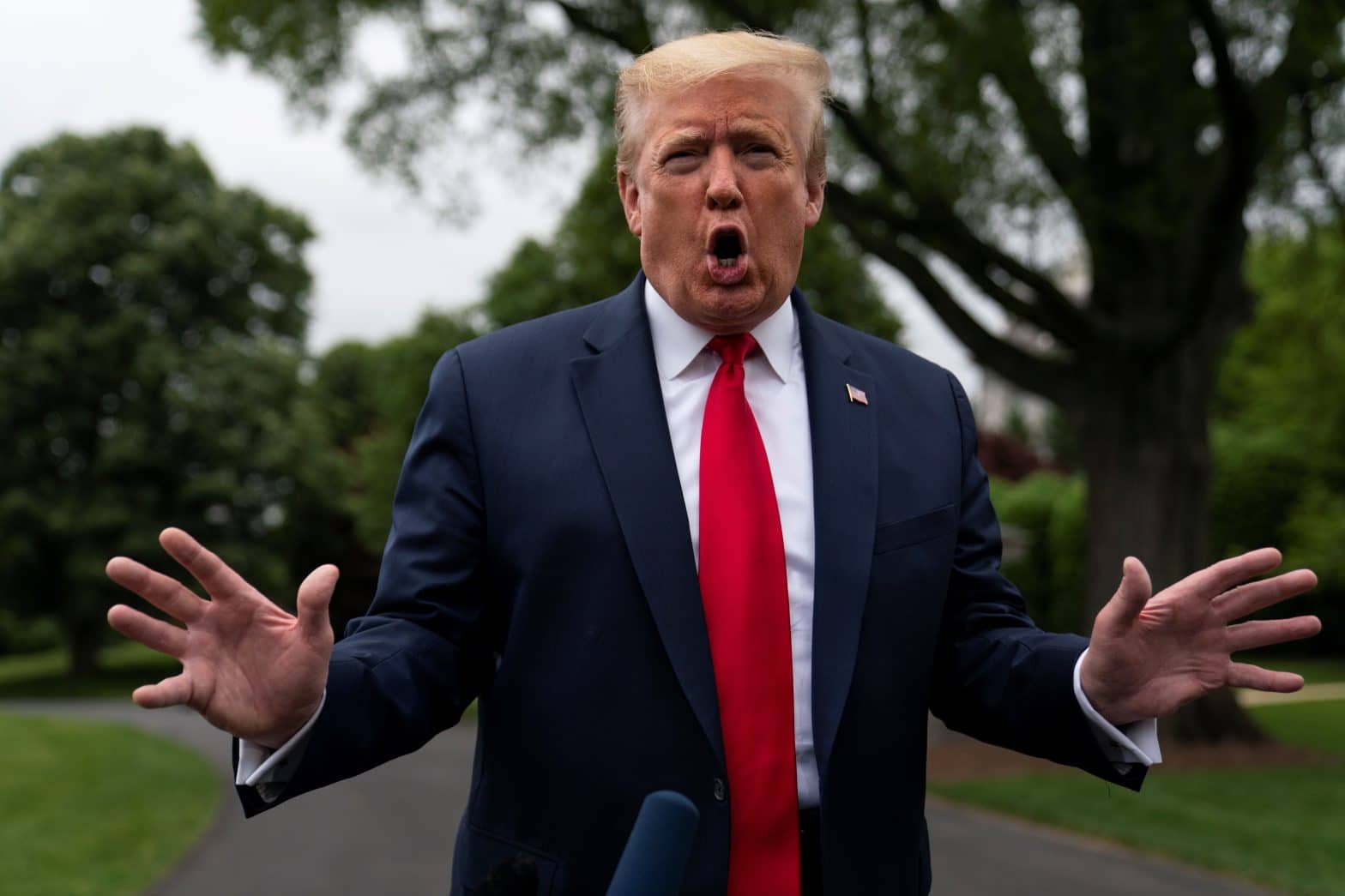
WASHINGTON – President Donald Trump said Thursday that he ‘s decided to withdraw from yet another arms control accord, the third he’s walked away from in the past two years.
The Open Skies Treaty, negotiated three decades ago, allows nations to fly over each other’s territory with sensor equipment and electronic identifiers assuring that the flight is friendly and not a military action.
But American officials maintain Moscow has long violated the treaty by refusing to allow flights over a specific location at which it is believed to have deployed nuclear missiles capable of striking targets in Europe.
In addition, Russia has a long-standing policy of refusing to allow flights over Russian military exercises.
Reporters in The New York Times and Washington Post also suggest American intelligence agencies believe Russia is using flights over the United States to map critical infrastructure.
Trump is expected to formally tell Russia of his decision on Friday.
In 2018, the president walked away from the Iran nuclear accord, citing Iranian violations of the deal they struck with former President Barack Obama. Last year, he abandoned the Intermediate Nuclear Forces treaty for the same reason he cites for leaving the Open Skies Treaty — violations on the Russian side.
The treaty was negotiated by President George H.W. Bush and his Secretary of State, James Baker, in 1992, after the collapse of the Soviet Union.
Speaking to reporters on the South Lawn of the White House before departing on a trip to Michigan, Trump said the United States’ relationship with Russia has “come a long way” in recent months, and he’s hopeful that a new deal achieving the Open Sky Treaty’s goals will eventually be worked out.
“But right now, when you have an agreement, and the other side doesn’t adhere to the agreement … we’re not going to adhere to it either,” Trump said.
The president has long said he would not renew the Open Sky Treaty unless China also joined it. Beijing has rejected the idea.
It was unclear Thursday whether Trump will try for a brief extension of the treaty or abandon it altogether if China refuses to join.
All Trump would say as he prepared to enter Marine One and fly to Andrews Air Force Base was “I think something very positive will work out.”
“There’s a very good chance we’ll make a new agreement or do something to put that agreement back together,” he added.
One way or another, Trump said, “we’re probably going to make a deal with Russia on an arms treaty. And China will maybe be included in that. We’ll see what happens.”
In a statement, House Majority Leader Steny Hoyer called the Open Skies Treaty “one of the bedrocks of post-Cold War global security” saying it has ensured the U.S. and its NATO allies Russia could not surprise them with troop build ups or violations of nuclear accords.
“This move essentially blinds us to Russia’s potential actions, after it has already attacked our elections, continues its military aggression against Ukraine, and threatens the independence of the Baltic states,” Hoyer said.
The majority leader urged the president to reconsider and work with U.S. allies to bring Russia to the negotiating table.
“As a former co-chair of the Helsinki Commission when the Open Skies Treaty was negotiated and signed, I will continue to monitor developments closely and take the threat Russia poses to global democracy very seriously. All Americans concerned about our national security should take it very seriously as well,” Hoyer said.

















